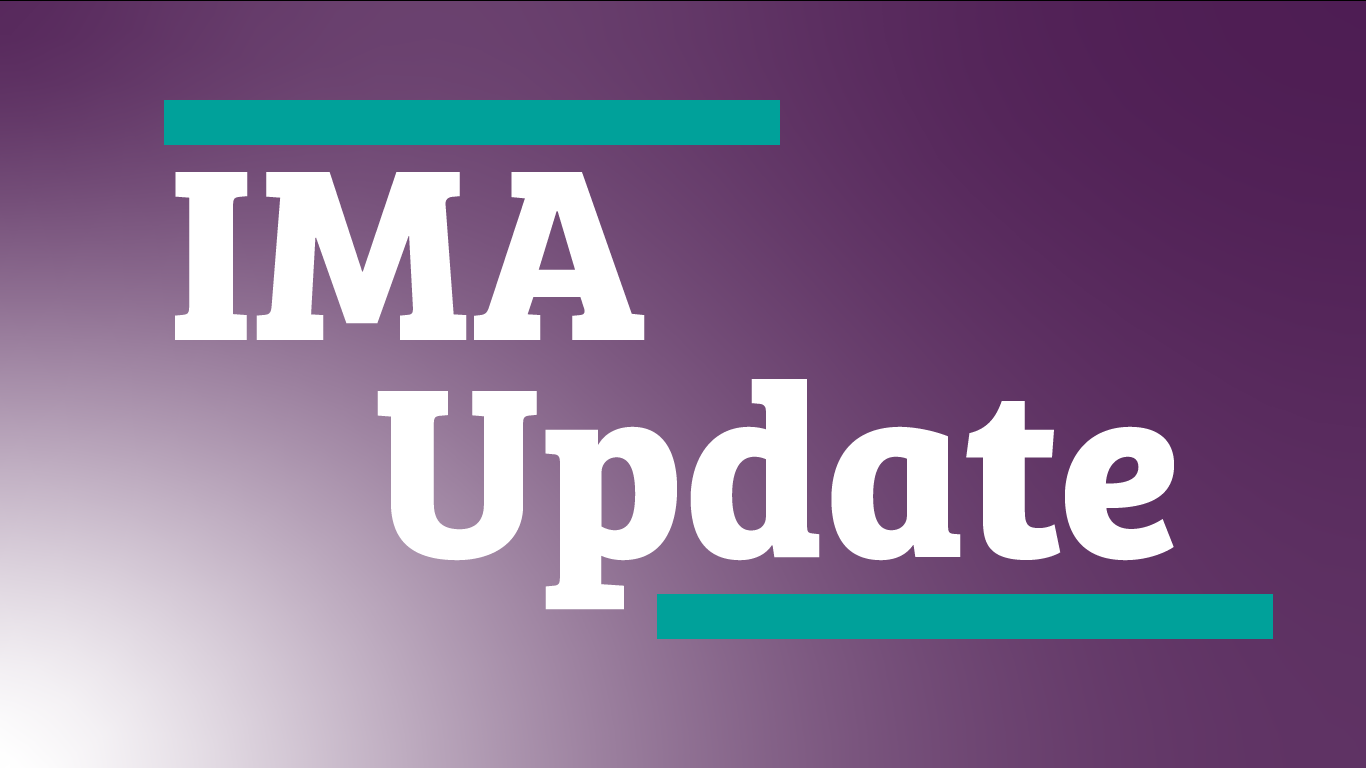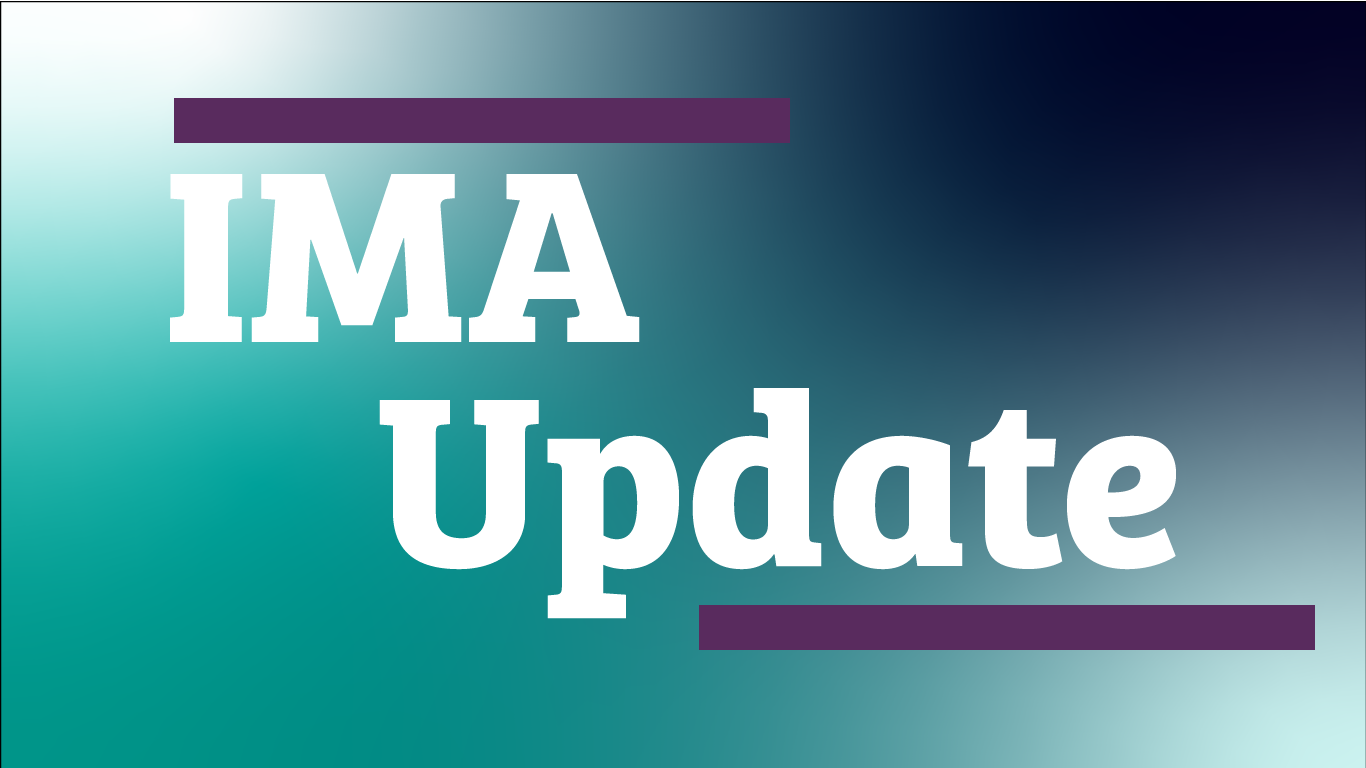In December 2022, the High Court found certain aspects of the EU Settlement Scheme (EUSS) to be unlawful. The Court’s ruling affects more than two million EU and EEA EFTA citizens with pre-settled status.
The judge ruled that individuals with rights under the Agreements should not lose their right to live in the UK if they do not make a second application to the EUSS. Also, those with pre-settled status automatically acquire permanent residence rights once they have lived here for five years and met the relevant conditions under the Agreements.
The EUSS is the way which EU and EEA EFTA citizens and their family members secure the right to live in the UK. There are two types of EUSS status: pre-settled status for those that have lived in the UK for under five years and settled status, usually for those who have lived here for over five years.
The Home Office plans to address the High Court’s judgment by granting a two-year extension of pre-settled status for those who haven’t switched to settled status shortly before their original expiry date, automatically converting as many pre-settled status holders to settled status as possible and ensuring individuals can rely on their permanent residency rights once acquired.
The IMA is concerned that a two-year extension for pre-settled status does not address the Court’s ruling and that citizens may face challenges in areas of their lives, such as employment or housing due to the temporary nature of pre-settled status being reflected on official documents.
It is also highlighting a lack of clarity for citizens and authorities regarding automatic acquisition of permanent rights, leading to potential confusion.
The IMA is urging the Home Office to make a public statement clarifying the rights of citizens under the Agreements.
Miranda Biddle, Chief Executive of IMA said: “We continue to work with the Home Office to resolve potential issues arising from the proposed implementation of the High Court judgment. While the Home Office has been effective in many cases, some citizens face uncertainty impacting their ability to live, work, and raise families in the UK.”
The IMA will continue to give updates on this issue but in the meantime, anyone facing difficulties accessing their rights is encouraged to contact the IMA for support.
For more information visit the IMA’s website for detailed information on the rights of EU and EEA EFTA citizens who have applied to the EUSS.
For further information on changes to the EU Settlement Scheme as a result of the Judicial Review please visit the FAQs section of our website.







